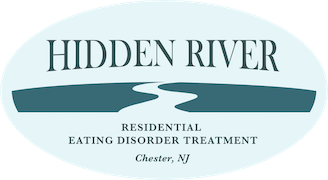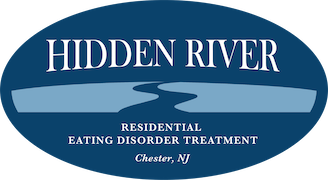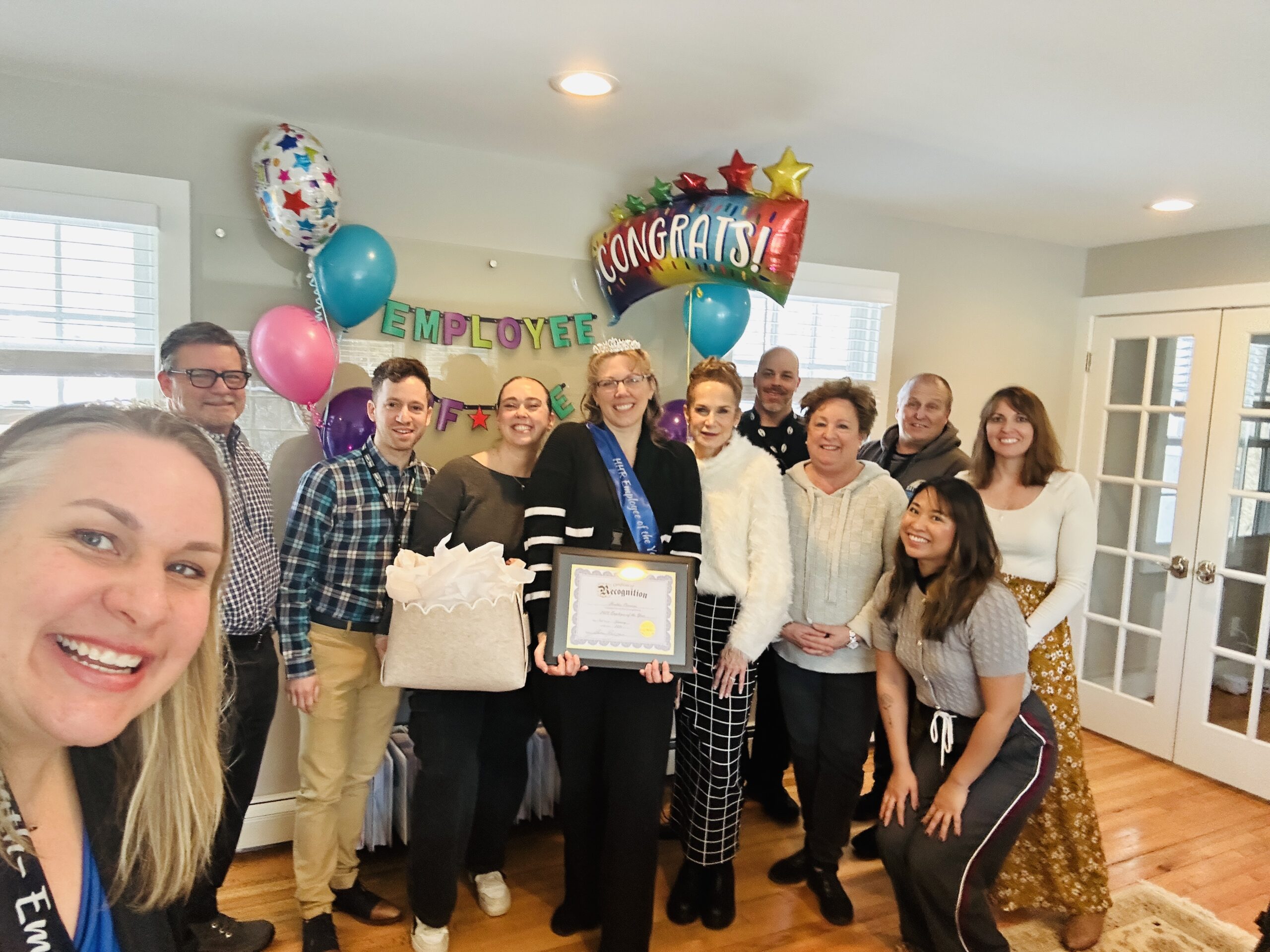A Deep Dive Into Our Admissions Process: Part One
For many parents, speaking to an admissions coordinator at a residential eating disorder center is the first time they admit, out loud, that their child is struggling. This call often gives them a path forward, including next steps to pursue and much-needed hope for healing and recovery. It’s important, then, that the admissions process is marked by care and compassion.
For today’s blog post, we’re excited to share our interview with Jennifer Vargas, Director of Business Development and Admissions, and Krista Postal, Admissions Coordinator.
To start, I’d love for you both to share how you ended up in your current roles.
Krista: I’ve been working in mental health admissions for almost 10 years now. I got my degree in psychology. Then, I did an internship at a substance abuse facility, and the open position was actually in admissions. That’s really where I found a love for working with clients and watching them recover.
From there, I’ve spent the majority of my career specifically working with eating disorders. My path crossed with Jenn’s in a past position, and that’s what led me to Hidden River.
Jenn: I had worked previously with Krista, and we had such a good rapport. She was always collaborative, efficient, and very knowledgeable. I wanted her to be part of our team at Hidden River because I felt like she would add another level of professionalism to our admissions process. Plus, her personality and her warmth are both great assets for the families and the potential patients. We are very lucky and fortunate that she was able to join our team.
Krista: The thing I love most about our admissions process is that I have the ability to really hold each family’s hand throughout the whole process. I love that I get to see the progress of someone really struggling – sometimes at their lowest point – to the outcome of them being in treatment and believing that recovery is possible. Being in recovery myself, it’s definitely something I’m a strong advocate for.
Jenn: I’m coming up on my seven-year anniversary at Hidden River. I fell into eating disorder treatment in a way similar to Krista — I was just kind of thrown into the demographic and then realized that this is the population I love. It just continues to fuel my passion.
My background is clinical. I started off as a clinician in an inpatient eating disorder program in Pennsylvania. It was a very intense role with a lot of very sick patients. A lot of them had gone through the revolving door of treatment. Some had gone through that program five or six times, and for others, it was their first time. Either way, inpatient eating disorder treatment care is pretty severe.
It was trial by fire when it came to treating them clinically. It was very rewarding though. When you see the progress from when they first admit to when they leave, there is such a change in them and so much success. Then, you step them out to a residential program or a PH/ IOP level of care so they can continue their work.
Specifically, with admissions and business development, I didn’t realize that business development was a skill set that someone could have. Having that clinical background really helped me be able to speak to providers, clinicians, and even families. I can do some of that therapeutic work to help them navigate the admissions process.
I think the admissions piece is so important too, and it does go hand-in-hand with outreach because we’re working simultaneously to really provide this resource to those parents, families, and treatment providers.
What do you love most about your jobs?
Jenn: I personally love admissions. When patients and families are calling and coming to us, they’re so vulnerable. They have so many questions and so much confusion. I think the caretaker side of me wants to be able to help them. You want to be able to answer their questions and provide some clarity.
Krista: I really love the edification piece and being able to support families so well. When I pick up the initial call, I always have to remind myself that this could be the first time a parent’s even admitting that their child has an eating disorder. You really have to remember that this is such a delicate and life-changing time of their life.
Being there and being able to support the families is just something I really love. I get to remind them that this doesn’t have to be a life-long illness. I also can reassure them of all the different ways we’re able to help support families. It’s so special to provide them with that layer of hope. I might have started the call off with a crying parent, but by the end of it, that parent is thanking me for giving them just a little bit of hope.
What’s special about Hidden River and its admissions process?
Krista: I think our hand-on approach is really unique. Many programs, since they’re much larger, are more like call centers. Potential families and patients, then, are talking to whoever is available that day as opposed to being assigned a specific contact. At Hidden River, there are just one or two point people per patient. That allows us to really advocate on your behalf. I help our patients find urgent care centers or doctors that are able to assist in the medical piece of getting cleared for our program.
Also, when someone calls in, if they’re motivated, we’re able to expedite the process. We can complete the assessment on the same day or the next day at the latest. Getting them scheduled right away is very important, and that’s definitely unique to Hidden River’s admissions process.
Jenn: There are two approaches for potential families to take. The outreach manager may get a call from the provider and then refer the patient to Krista or me. Or it’s just a direct call to Krista or me. Then, the patient goes through the admissions process that way. So it’s always one person who’s handling their case from the start to admissions and through the program.
Often times, I will be on site to handle the more nuanced or difficult patients coming in because, again, we understand how that decision to come to a residential treatment program is complicated and emotionally-charged. We want to make sure that the person that you’re working with is there in person and can hand you off to the clinical team when you get here.
Krista, what is a typical day like as an Admissions Coordinator?
Each day is different. I start off my day at 9 a.m. on the phone with our clinical team and let them know of any upcoming admissions. I give them a little bit of information about what they can expect for the week and what’s in the pipeline.
Throughout the day, it’s a combination of me connecting with providers and working with
families as well as doing intake assessments for new potential patients.
I love that each day isn’t cookie cutter!
Stay tuned next month for the rest of our interview with Jenn and Krista about the admissions process at Hidden River.
To learn more about Hidden River, visit our website or reach out to info@hiddenriverhealing.com.





